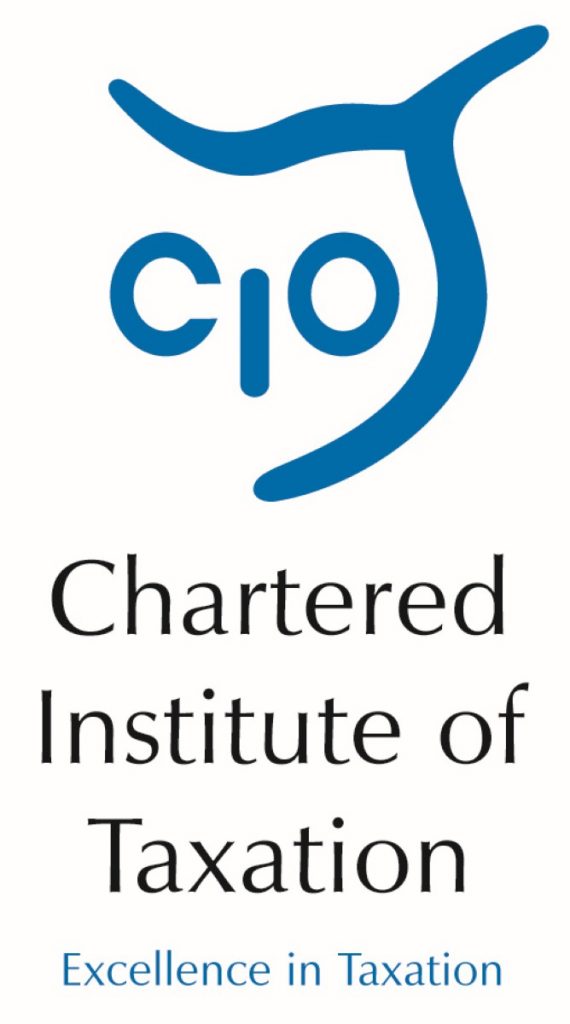The Low Incomes Tax Reform Group (LITRG) has welcomed a recommendation in a report by the House of Commons Work and Pensions Committee that the ‘self-employed’ should be given at least ‘worker’ employment status unless the engager of their labour can prove otherwise.1
This is a recommendation that LITRG made in written evidence to a separate inquiry.2
LITRG believes that the denial of employment rights to people working in the ‘gig economy’ and the exploitation of other flexible workers regarding their taxes share a common cause: the workers’ own lack of knowledge, their reluctance to challenge their treatment because they lack confidence or just need the work and the businesses involved apparently having little fear of action being taken against them by public bodies.
LITRG responded to a Business, Energy and Industrial Strategy (BEIS) Committee inquiry on the ‘Future world of work and rights of workers’ last year. In answer to the question ‘how should ‘worker’ status be defined’, LITRG suggested to BEIS that everyone be given ‘worker’ status unless it can be shown that they are genuinely self-employed. Although genuine self-employment would then need to be identified, most people would intuitively have an idea of what this looks like so would have a better starting point to understanding the ‘worker’ principle. This approach may also provide a good basis for tackling poor employer practices.
Anthony Thomas, Chairman of LITRG, said:
“Workers are often not aware of their employment status and therefore what employment rights they are entitled to. Even if they can be sure of their rights, they often have no practical way of securing them. By essentially reversing the burden of proof regarding ‘worker status’, these issues become more manageable.
“We applaud the Work and Pensions Committee for recognising that change is needed and making such a clear and bold recommendation. We can only hope that the BEIS Committee and the Matthew Taylor review reach a similar conclusion – such a point of unity among these separate works would truly help move this issue forward.
“Of course, tax law only recognises two types of status – employed and self-employed – and so a lack of clarity remains for ‘gig economy’ workers even if changes are made to employment law. We would recommend that any changes in employment law are accompanied by a thorough review of the tax position of such workers, particularly given that a good number of them are probably being treated as self-employed incorrectly.”
Notes for editors
1. The Work and Pensions Committee recent report can be read here. One of the Committee’s recommendations: “An assumption of the employment status of ‘worker’ by default, rather than ‘self-employed’ by default, would protect both those workers and the public purse. It would put the onus on companies to provide basic safety net standards of rights and benefits to their workers, and make the requisite contributions to the social safety net. Companies wishing to deviate from this model would need to present the case for doing so, shifting the burden of proof of employment status on to the better resourced company.” LITRG’s submission to this Committee can be seen here.
2. LITRG’s submission to BEIS can be read here.
3. Low Incomes Tax Reform Group
The LITRG is an initiative of the Chartered Institute of Taxation (CIOT) to give a voice to the unrepresented. Since 1998 LITRG has been working to improve the policy and processes of the tax, tax credits and associated welfare systems for the benefit of those on low incomes.
The CIOT is the leading professional body in the United Kingdom concerned solely with taxation. The CIOT is an educational charity, promoting education and study of the administration and practice of taxation. One of our key aims is to work for a better, more efficient, tax system for all affected by it – taxpayers, their advisers and the authorities. The CIOT’s work covers all aspects of taxation, including direct and indirect taxes and duties. The CIOT’s 18,000 members have the practising title of ‘Chartered Tax Adviser’ and the designatory letters ‘CTA’, to represent the leading tax qualification.
Contact: Hamant Verma, External Relations Officer, 0207 340 2702 HVerma@ciot.org.uk (Out of hours contact: George Crozier, 07740 477 374)





-01.png)